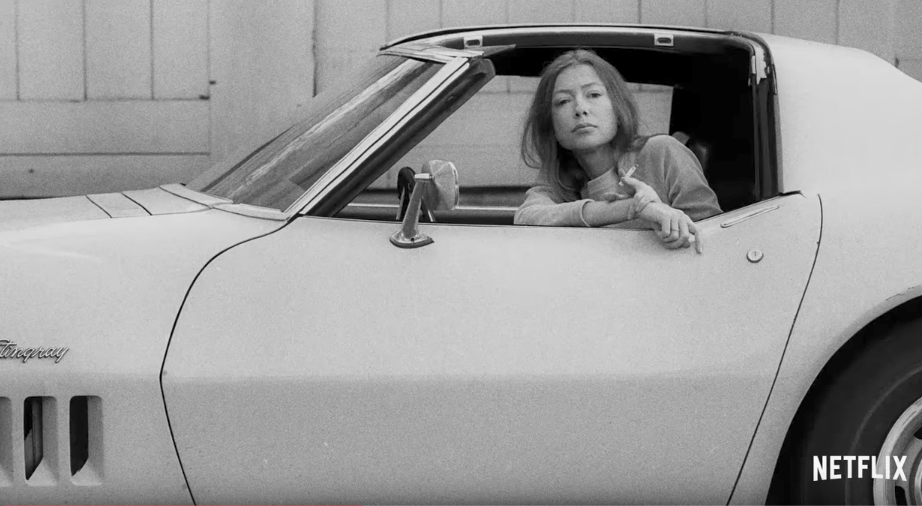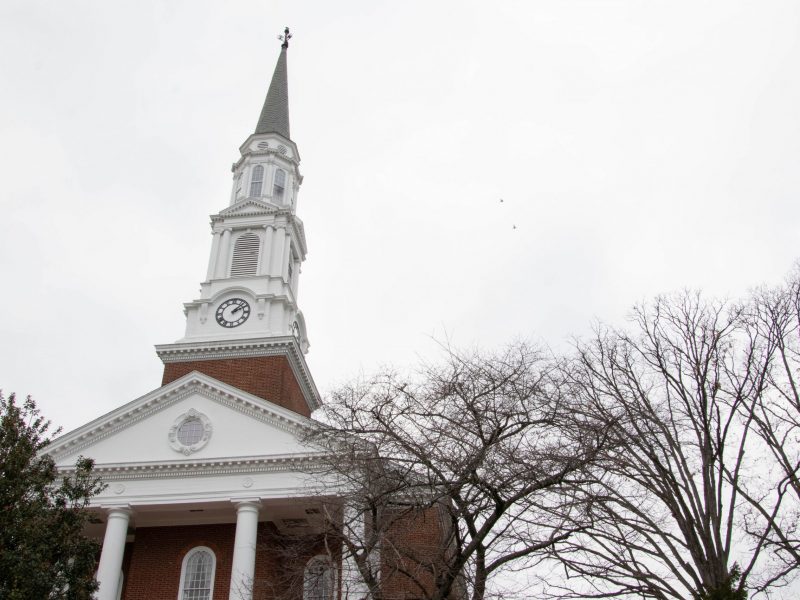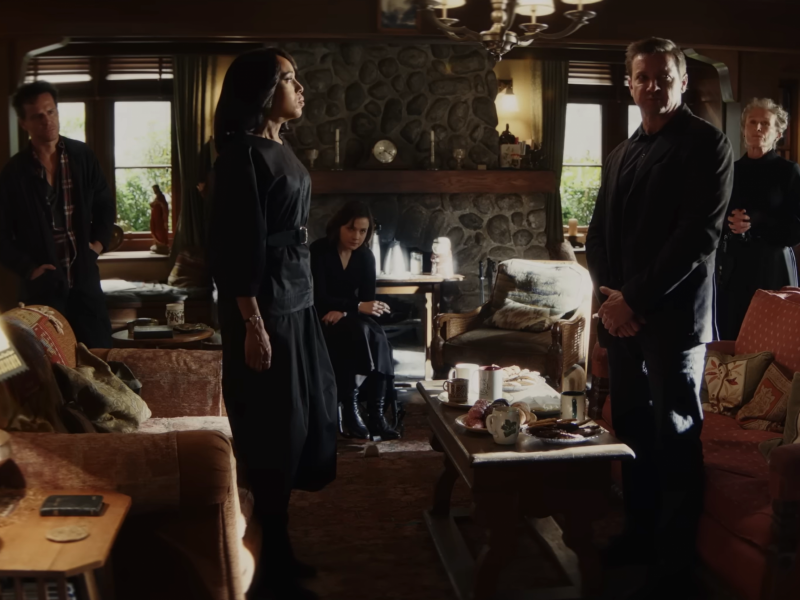The life story of Joan Didion is existential, personal, deeply meaningful and universal — almost begging to be shared with the world. Netflix’s new documentary, Joan Didion: The Center Will Not Hold, which debuted Friday, is a beautiful story of grief, truth, pain and coping.
But it has one outstanding flaw: It should have been a book instead.
Joan Didion is the queen of the journalistic memoir. Her illustrious career has spanned nearly 60 years, with bylines in Vogue, The New York Times, Esquire, The Saturday Evening Post and Life; though she’s most known as a novelist who reflects on the most painful aspects of life. One colleague in the documentary referred to Didion as a poignant writer with a unique ability to “report on grief,” particularly through writing about the sudden deaths of her husband in 2003 and daughter in 2005. In 2013, then-President Obama awarded her with a National Medal of Arts and Humanities.
The film covers all that and more, weaving in and out of passages from Didion’s old works and new commentary from Didion herself — now, at age 82 — as well as her family, friends and colleagues. The structure feels like it’s broken into chapters rather than true chronological order: Didion’s life is a myriad of interesting tales and side stories. While the deaths of her husband and daughter — which largely defined her personally and professionally — deservedly warrant a longer look.
The documentary as a whole experiences a strange identity crisis: It’s aware of the incredible story at hand, but not who the audience is, nor the correct medium with which it should be executed.
The chance to expose the younger digital-based generation to Didion’s incredible career is the benefit of releasing the documentary on Netflix, though the piece plays with the assumption that the viewers are entirely middle-aged folks watching at a small, artsy local cinema.
The Center Will Not Hold at times lacks some very basic context. The interviewer behind the camera is one of Didion’s family members — she keeps referencing “your mother, your father” while gesturing to a person beyond the lens, but there’s no way for the casual viewer to know the film was directed by her nephew, Griffin Dunne, and produced by her great-niece, Annabelle Dunne.
This story also isn’t an inherently visual one. Sure, the archived photos of a younger Didion are a great supplement and, like Netflix’s other newer original content, it features brilliantly clean graphics that at times make up for a lack of footage of events past. But other times, it’s not quite clear if the B-roll is actually from Didion’s past or if it’s just archived footage deemed similar enough to the narrative to use.
As a whole, the documentary is visually uninteresting enough that it could be consumed almost entirely with your eyes closed without missing much; the images were not nearly as meaningful as the words. For those unfamiliar with Didion’s work, her stories beg to be personally read off a page. Hearing them aloud doesn’t do her brilliance justice. Watching Didion’s esteemed words come straight from her own mouth is a unique experience, yes. But its not one that is ultimately worth it.
There’s no doubt Didion’s life is an interesting, insightful story worth talking about, but Joan Didion: The Center Will Not Hold needed to make a greater case for its medium. At the heart, this is a story about a writer; the documentary spends a solid amount of time reading aloud her own works on top of underwhelming B-roll. This easily could have been passages in a written biography, and the message would be clear and compelling.
Let the rating below, then, reflect the ill-advised composition of the documentary rather than the incredible story beneath it.




